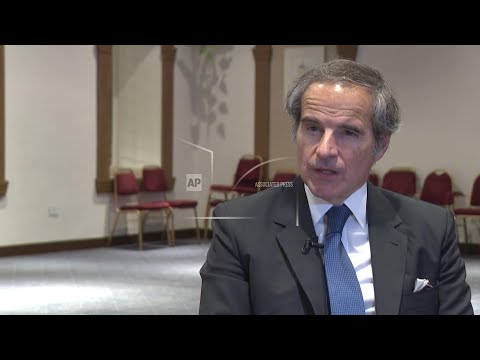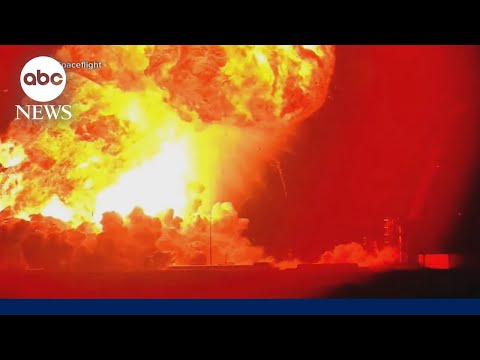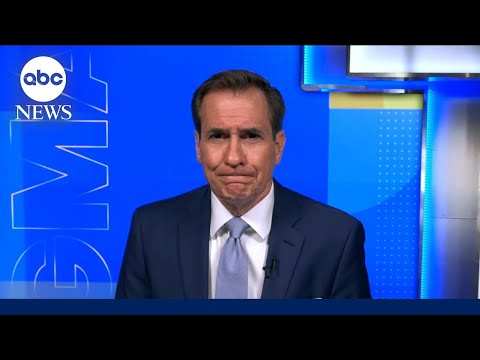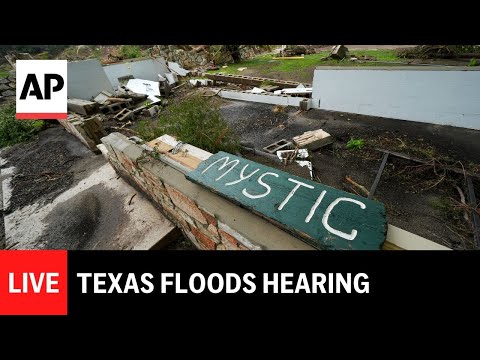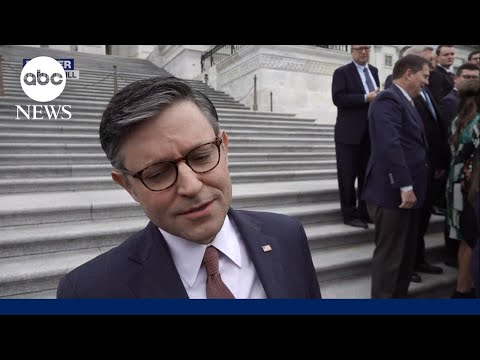(4 Jun 2025)
RESTRICTION SUMMARY:
ASSOCIATED PRESS
Damascus, Syria – 4 June 2025
1. SOUNDBITE (English) Rafael Mariano Grossi, International Atomic Energy Agency’s director-general: ++INCLUDES SHOT CHANGES++
"I mean this visit has a number of reasons, but one very important (one) is the process that we are trying to initiate, or maybe I should say reinitiate, to try to clarify, to bring total clarity over certain activities that took place in the past that were, in the judgement of the Agency, probably related to nuclear weapons. So that process was interrupted. Now, with the new government, with a government that is committed to opening up to the world, to international cooperation, I felt that this offered us a good possibility to restart this work and to try to bring hopefully a good conclusion in this process. So we are going to be performing some inspection activities, even during my visit. Enriched uranium can be, you know, lying somewhere and could be reused, could be smuggled, could be trafficked. There are many things. I don’t have any doubts about the disposition, the commitment of the new government for total transparency. And this is something I want to to highlight because I noted in the president very positive, this position to talk to us and to allow us to carry out the activities we need to do."
++ENDS ON SOUNDBITE++
STORYLINE:
Syria’s new government has agreed to give inspectors from the United Nations’ nuclear watchdog access to suspected former nuclear sites immediately, the agency’s head told The Associated Press on Wednesday.
The International Atomic Energy Agency’s director-general, Rafael Mariano Grossi, spoke in an exclusive interview in Damascus, where he met with President Ahmad al-Sharaa and other officials.
He also said al-Sharaa expressed an interest in pursuing nuclear energy for Syria in the future, adding, “Why not?”
The agency’s aim is “to bring total clarity over certain activities that took place in the past that were, in the judgment of the agency, probably related to nuclear weapons,” Grossi said. He described the new government as “committed to opening up to the world, to international cooperation” and said he is hopeful of finishing the inspection process within months.
An IAEA team in 2024 visited some sites of interest while former President Bashar Assad was still in power. Since the fall of Assad in December, the IAEA has been seeking to restore access to sites associated with Syria’s nuclear program.
Syria under Assad is believed to have operated an extensive clandestine nuclear program, which included an undeclared nuclear reactor built by North Korea in eastern Deir el-Zour province.
The IAEA described the reactor as being “not configured to produce electricity” — raising the concern that Damascus sought a nuclear weapon there by producing weapons-grade plutonium.
The reactor site only became public knowledge after Israel, the Mideast’s only nuclear power, launched airstrikes in 2007 destroying the facility. Syria later leveled the site and never responded fully to the IAEA’s questions.
Grossi said inspectors plan to return to the reactor in Deir el-Zour as well as to three other related sites. Other sites under IAEA safeguards include a miniature neutron source reactor in Damascus and a facility in Homs that can process yellow-cake uranium.
“We are trying to narrow down the focus, to those or that one that could be of a real interest,” he said.
“And the president has expressed to me he’s interested in exploring, in the future, nuclear energy as well,” Grossi said.
Find out more about AP Archive: http://www.aparchive.com/HowWeWork
Twitter: https://twitter.com/AP_Archive
Facebook: https://www.facebook.com/APArchives
Instagram: https://www.instagram.com/APNews/
You can license this story through AP Archive: http://www.aparchive.com/metadata/youtube/ec2dac0d3260411a91162ce891d3ddc5
Author: AP Archive
Go to Source
News post in June 10, 2025, 12:05 am.
Visit Our Sponsor’s:
News Post In – News

